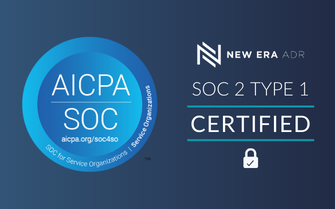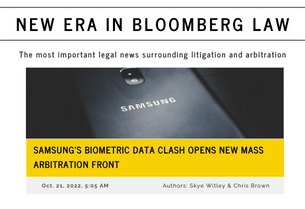
Mediations lend themselves particularly well to being held remotely. Submissions are limited, the timeline is much shorter than traditional litigation, and they can be held easily over video conferencing software.
There are also innumerable benefits to virtual mediations. They allow for more calendar flexibility for both parties. They tend to be far less expensive because, if for no other reason, they don’t require any travel. They allow the parties to choose the best mediator possible regardless of location. And they remove face-to-face encounters between the parties where lingering anger can easily derail the mediation.
That said, there are challenges associated with virtual mediations so it is always best to make sure you are prepared. Several basic suggestions can help ensure that your virtual mediation is successful:
- Always make sure that, on the day of your mediation, you have a consistent, reliable and fast internet connection. Delays and screen freezes can make a successful mediation far more difficult and cause a great deal of tension during the actual proceeding.
- As a corollary to this, make sure you close other programs or devices that may tax your internet bandwidth. Having a great internet only works if there is enough available bandwidth to effectively participate in your mediation.
- Make sure to test out your camera position and your background (new tools that allow you to blur your background may be helpful) to ensure that the mediator can focus on you and not ancillary distractions in your environment.
- Ensure that you have the software necessary to take part in the mediation already downloaded or accessible prior to your mediation. For example, Webex, Zoom and GoToMeeting may require you to have downloaded their software onto your computer in order to access the video conference. Google Meet is far easier to use if you have a pre-existing Gmail account. In short, you do not want to turn your computer on the day of your mediation and realize you can’t access the mediation because you failed to do the proper due diligence on what the software platform requires.
- Learn the applicable state laws on confidentiality in mediations and make sure you and your attorney take the proper precautions to observe and enforce those laws.
- Ask your mediator if you can do a brief trial run of the mediation to make sure it is seamless. Suggest the same to the other side to ensure there are no *ex parte* issues.
- Ensure there is a method to sign the settlement points, if you reach an agreement. These can be done through software like Docusign.
Virtual mediation is almost certainly going to be the *de facto* method for mediation in the future. Given technological advances, there is simply no need for plane tickets, binders and conference rooms anymore. But a successful virtual mediation also requires that you take a few basic steps to ensure an otherwise seamless process. They are easy, simple and may save you hundreds of thousands of dollars in litigation costs if you are able to reach a settlement. So head over to your computer and get yourself out of litigation and get back to growth.




